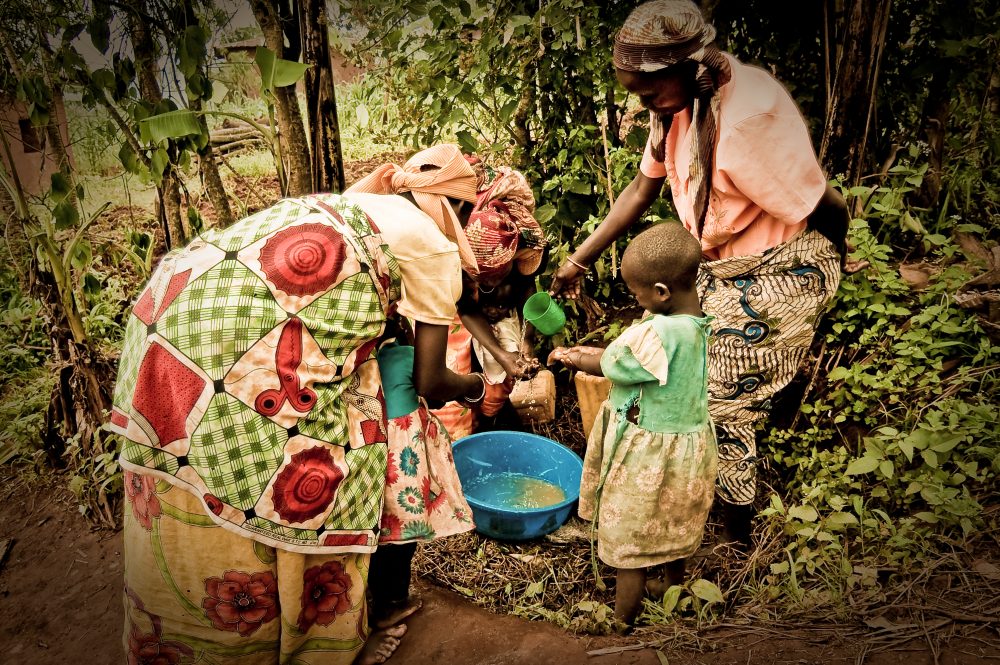Nepal: A Call to Action
Six months ago many in the humanitarian system wondered if it was the worst it has ever been, with crises in Syria, South Sudan, and the Central Africa Republic. Then came Ebola. And Yemen. And now Nepal. The thing is, we are all part of a larger system. And that system is overstretched. It takes individual and institutional supporters to provide the flexibility demanded to quickly respond in these high-stakes situations. Over 50 InterAction members had operations in Nepal before the earthquake and they are at the heart of the response.
Nepal planned for an emergency, with a rubble removal strategy already drafted in 2014. The Nepalese government is working with non-governmental organizations (NGOs), the United Nations agencies, and foreign governments, and we are all linking up with local structures to provide the best response that we can. But to do this, we need resources.
As we look at how time-sensitive response is, and how stretched the world is in responding to tragedy, it is all the more important for every supportive voice to be heard – through aiding response efforts. Cash is pivotal to this. Why? The main international airport in Nepal has limited landing capacity, so goods arriving there must be lifesaving and particularly benefitted by air transport. Cash allows aid organizations to procure the exact items needed while supporting the local economy. Money can be transferred very quickly and without transportation cost. And it can ensure culturally and environmentally appropriate assistance.
Yet as I observe the crisis response unfold, I am once again concerned that I am witnessing a cycle of blame that has become routine. The perception of immediate failure hampers the ability of responders to do their vital work.
First, those finding fault apply developed country standards to people of an entirely different place. Regarding Nepal, people seem aghast that rural villages accessible only after days of walking are not following Katmandu building code standards, when in reality building a house by hand is a feat in itself. Then responders are accused of not moving fast enough. Yet as part of a system, all the pieces have to come together. Then the accusation is that the results are not happening fast enough. Nepal is one of the poorest countries in the world, with remote villages and limited infrastructure. Recovery takes time. It will take many years for the 8 million people affected by this earthquake to recover. InterAction members spent over $840 million in private donation on Haiti recovery efforts, yet they are still building homes and helping to recover damaged neighborhoods five years later.
We need to have a bigger conversation about how the world can best respond to the seemingly growing amount of crises. For now, a step is to empower local organizations to respond to the latest great tragedy and work with the people of Nepal.
InterAction, the largest coalition of international organizations and partners in the United States, compiled a list of members responding to the Nepal crisis. This consists of member NGOs who certify to a set of ethical guidelines developed to ensure accountability and transparency in finances, governance, and program performance. The list provides updates of members’ response activities and links to provide assistance.
To add another large-scale emergency is challenging for the whole emergency response system. We need a bigger conversation around the crisis in the humanitarian space. Each of us must recognize that we are part of a broader system, step up, and help.
______________________________
InterAction compiles a list of members responding to a crisis, whether it is a natural disaster or other complex emergency. Crisis lists are initiated based on the scale of the emergency, the likelihood of a response by the U.S. government and U.S.-based NGOs, and the amount of public interest and media coverage. The lists include operational updates of members’ response activities and links to provide assistance to the affected populations. Visit InterAction’s Nepal Crisis List.
More like this

